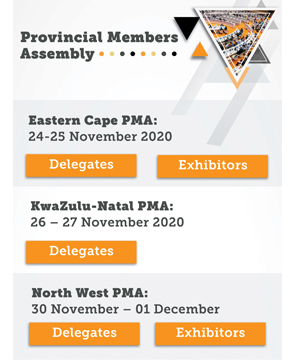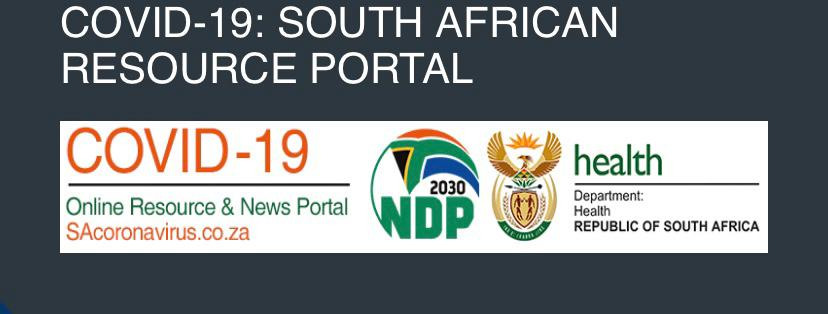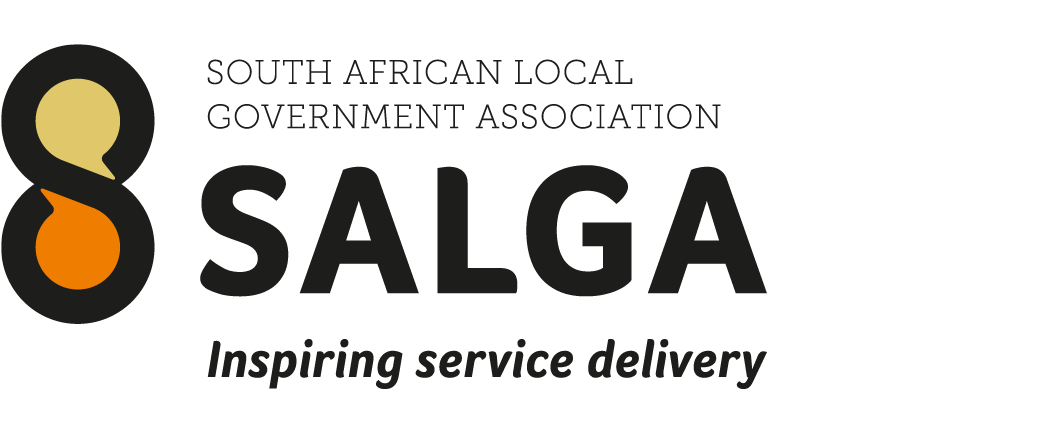
 |
 |
 |
 |
||||
 |
 |
 |
 |
 |
SALGA NEWS |
Upcoming Events |
 |
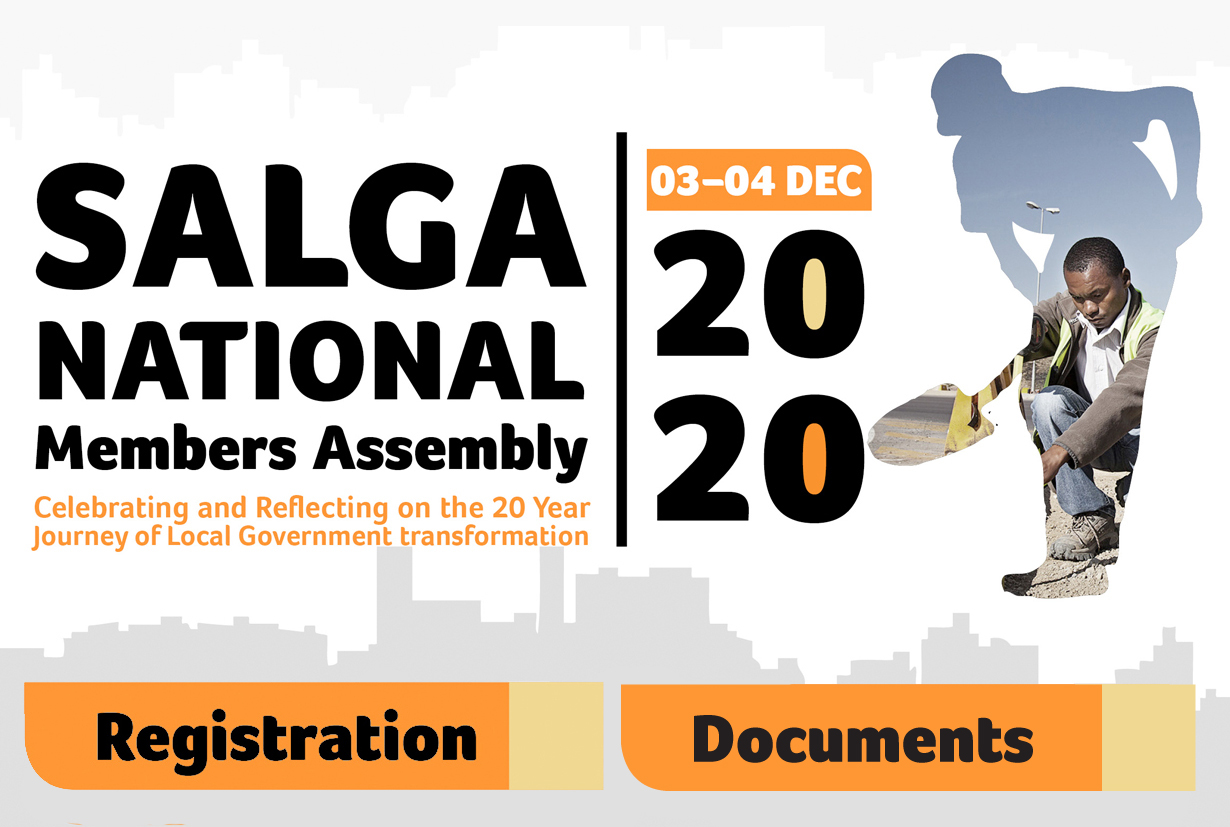
|
|

|
|
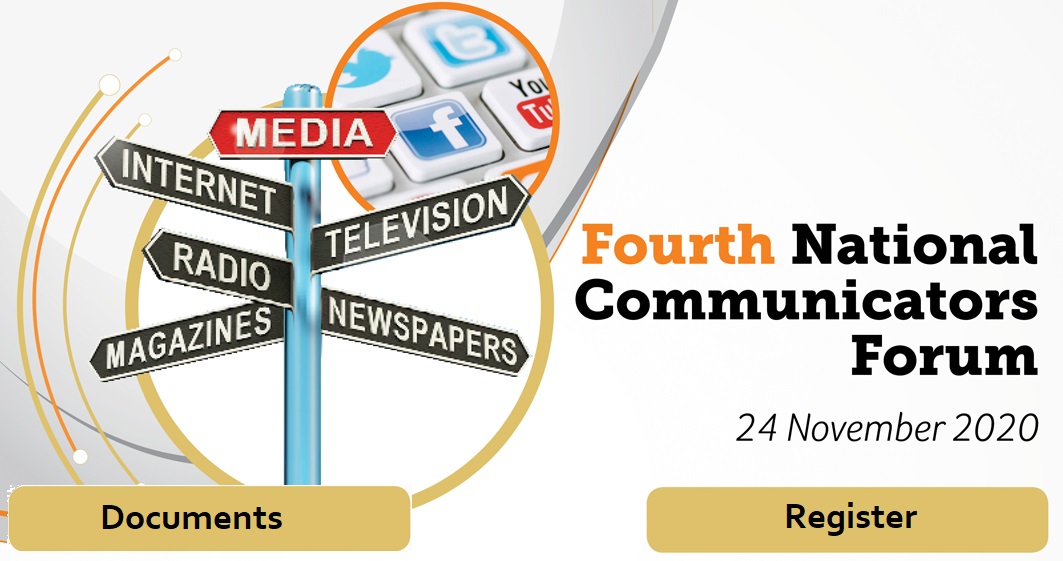
|
|
Annual Report |
 |
Quick Links |
 |
Municipalities |
 |
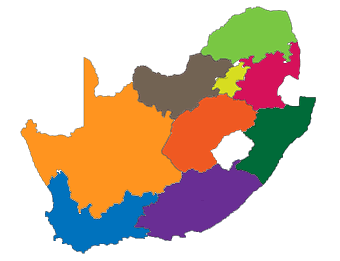
|
|
Social Media |
 |
Follow Us on Social Media
|
|
The Building Inclusive Green Municipalities (BIGM) International Asset Management Optimization & Regional Economic Development symposium on Enhancing 4th Industrial Revolution and Smart Governance
Posted: 15 March 2021
 |
From an asset management perspective, the Fourth Industrial Revolution (4IR) will usher a new way of managing municipal resources, and South African municipalities must be ready to harness the opportunities brought about by this transformation.
This was an observation shared by South African Local Government (SALGA) Chief Executive Officer (CEO) Xolile George during a Building Inclusive Green Municipalities (BIGM) International Asset Management Optimization & Regional Economic Development symposium on Enhancing the 4th Industrial Revolution and Smart Governance on Thursday, 11 March 2021.
“The fourth industrial revolution is actually pushing us to that level and we need a holistic view that can emerge out of the sharing of our experiences today. One that will make sure that all municipalities invest in the core foundational infrastructure to anchor this new world that we're talking about,” said George.
The series of online sessions, which started in October 2020 and will run until March 2021, were established by SALGA in partnership with the Federation of Canadian Municipalities (FCM), the Department of Cooperative Governance and Traditional Affairs (COGTA), Department of Economic Development, Environmental Affairs and Tourism (DEDEAT), the Municipal Infrastructure Support Agent (MISA), the Development Bank of Southern Africa (DBSA), the Municipal Institute Of Learning (MILE), Department of Women, Youth and Persons with Disabilities, Department of Small Business Development (DSBD), the Media, Information and Communication Technologies Sector Education and Training Authority (MictSETA) and the Coega Development Corporation (CDC).
The BIGM project aims to improve the capacity of South African municipal governments to support eĀective service delivery, inclusive local green economic growth and enhanced climate change mitigation and adaptation measures.
The program will pilot local economic development initiatives to promote job creation, poverty reduction, and enhanced well-being, while empowering women, youth and vulnerable groups, and ensuring their inclusion as decision makers and beneficiaries.
Speaking on how technological innovation can change the nature, life and value of municipal assets, George said it was critical for municipalities to adopt new technologies that would safeguard and maintain those assets.
“We need to anchor our strategies and efforts towards this new digital future that we are all drawn into. We need to switch gears and make sure that all of us in this programme make sure we adopt holistic strategies around asset management systems.
“And also make sure we are able to conserve our assets. Wherever we have an asset, protect it and maintain it so that it can give us the necessary return on investment,” George said.
Kutlwano Chaba, SALGA Chief Digital Officer, emphasised that municipalities stood to gain by exploring and taking advantage of technological advances made in the municipal services area.
“As we plan this new future, there’s a lot of revenue opportunities that come at the disposal of municipalities. An obvious one is in the area of connectivity and broadband. What we should not forget as we have all these conversations is that technology must also be a value driver and in whatever form we use the technology, at the very least, it should lead to some cost reduction,” Chaba said.
“Bringing in some new efficiencies that perhaps would not have been realised without better analytics or connectivity and it should lead to economic and community development as well, which is a key mandate of the sector.”
This segues neatly into a presentation by Siviwe Mdudo from Vodacom about the development of a Waste Management mobile application for both Android and iOS users. The application allows for bi-directional engagement between the municipalities and the communities they serve.
He explained the app’s functionality, which includes:
- Directory – Provides contact information for officials dealing with Waste management on each municipality,
- Facilities – Provides list of waste management facilities on each municipality,
- Report Issues – Allows users to report waste management related issues on the app and take pictures,
- Around Me – Provides a view of all issues reported and service points based on the location the user is,
- Inbox – Inbox allows the municipalities to share information with the citizens to educate and inform them of any waste management related information.
- Support PDF, Audio, Video and text,
- Web-based Management portal and Case Management
- Provides the municipal officials to view, respond track the reported issued by the citizens,
- Provides dashboard reports for Senior Management.
Elaine Schifke, GIS Specialist at the City of Fredericton, Canada, spoke about the city’s adoption of a Municipal Climate Change Adaptation Plan.
She said the plan will be a framework and strategy for addressing climate risks and building resilience to the challenges climate change presents on the city’s infrastructure, assets, operations and service levels.
Schifke also touched on how the city was using various technological methods of flood monitoring and mapping to reduce the severe impact of flood disasters in the city, such as the light detection and ranging (LiDAR) systems facilitated and improved flood applications.
Lubabalo Luyaba from MISA outlined various projects of the Data for Municipal Infrastructure Assets (Data4MIA) initiative.
The initiative, which was developed in a partnership between the UCT’s Faculty of Engineering & the Built Environment (EBE), the Municipal Infrastructure Support Agent (MISA) and Engineers Without Borders South Africa (EWB-SA), is designed to assist local government with collecting and updating data for required for successful asset management.
“That’s the work that we’ve done to try and help and support local government through these data driven projects,” Luyaba said
Dean Peters, a Geographic Information System (GIS) manager at Buffalo City Metropolitan Municipality, delivered a presentation on the various projects related to the actual work of the city’s GIS unit for the 2020-21 financial year:
- GIS GEOPortal- The GIS Geoportal was launched to give different departments a platform to create and access custom maps for their specific functions. e.g. Rates and Valuations would have access to property sales for valuation purposes.
- Cadastre Audit and Clean Up- BCMM has been working off a poorly captured and maintained cadastral GIS database. This has impacted on BCMM’s mandate to correctly allocate addresses, assign zoning, manage land use, update property values and bill for services. The output from this project is a clean cadastral database, available on the GeoPortal.
- Coastal vulnerability mapping- Coastal vulnerability is the degree to which a coastal system is susceptible to, or unable to cope with, adverse effects of climate change. Mapping of vulnerable areas has assisted coastal managers, planners, landowners and stakeholders to identify regions of greater risk to coastal hazards and ultimately better inform mitigation and development strategies.
- Using mobile apps for fieldwork- The GIS Unit has developed mobile fieldwork and data collection tools like Survey 1-2-3 to allow departments to deploy field workers to collect data on Smart devices which plot coordinates, allow for data input through smart forms and sync seamlessly to the cloud. e.g. Parks department has collected data on all play parks and their assets.
